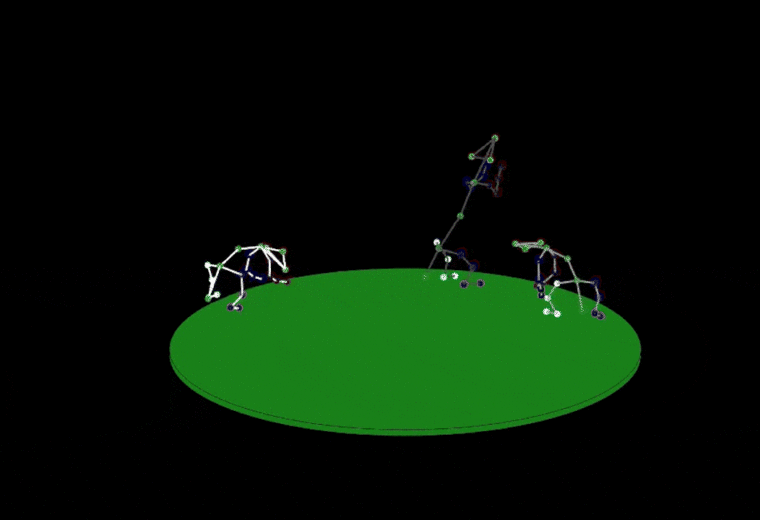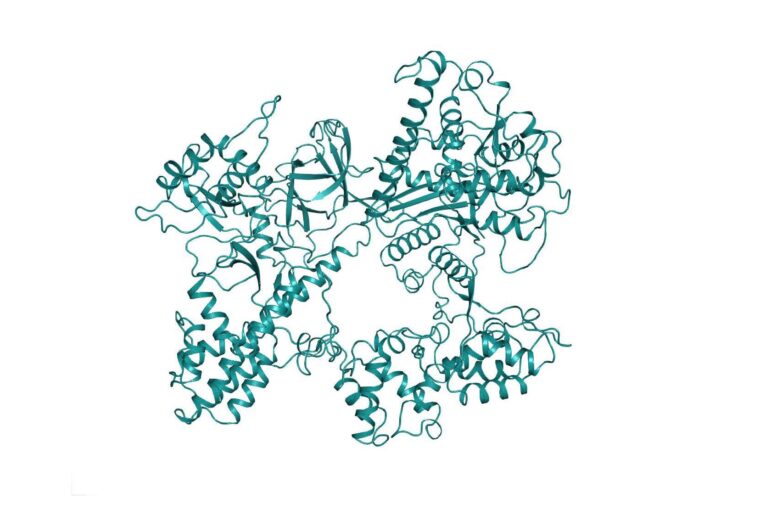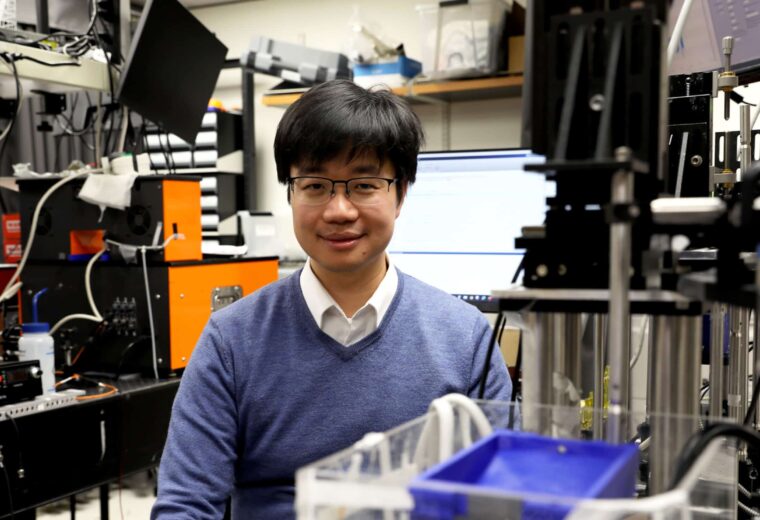
Medical Insights, Now Available on Your Wrist
Jessilyn Dunn gathers biometric data from smartwatches to study and predict health changes

Jessilyn Dunn gathers biometric data from smartwatches to study and predict health changes

On Sunday, May 11, 2025, Duke Engineering celebrated nearly 1,100 graduates from its various programs.

Electrical and computer engineering and biomedical engineering major honored by Duke Alumni Engagement and Development for efforts to streamline alumni-student mentorship programs.

A new “atlas” will increase precision in measuring changes in brain structure and make it easier to share results for scientists working to understand neurological diseases such as Alzheimer's disease.

The center focuses on three technologies: wearable devices, high performance computing (HPC), and extended reality (such as virtual reality).

A new platform uses machine learning to identify and map social interactions, unlocking new ways to study behavioral disorders like autism

By scouring thousands of bacterial genomes for new CRISPR-Cas systems, researchers have discovered some that could expand the technology’s impact in research, biotechnology and medicine

Learn how federal funding helped Duke Engineering graduate and professor revolutionize a device that has restored hearing for millions.

Researchers find a master epigenetic switch that activates silenced genes to compensate for their missing counterparts in a rare genetic disease called Prader-Willi syndrome

The organization recognized Yao for his pioneering work to advance photoacoustic imaging technologies

Associated $250,000 prize will support Randles's work to build "digital twins" for the human vasculature to improve heart-related health outcomes

A new platform can design and match small peptides with complex, tangled proteins previously considered unreachable